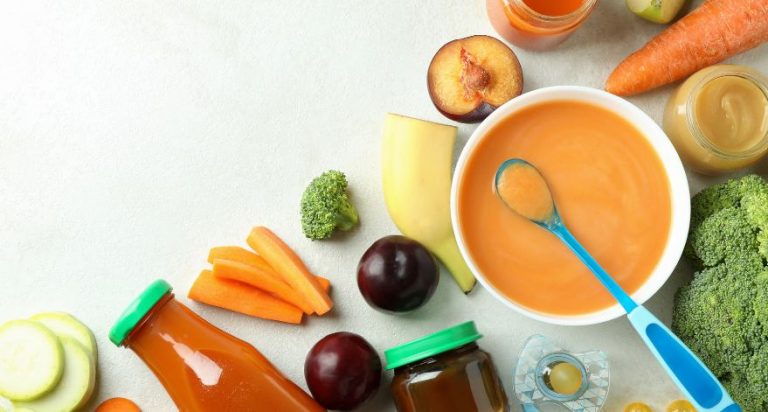Say Goodbye To Morning Breath With These Helpful Tips
Minty Fresh Breath is Closer Than You Think
We all get a case of bad breath now and then, but when you're noticing that people are consistently avoiding close contact with you or staying off to the sides when you talk, you just might have a case of chronic bad breath or halitosis. The good news is that there are bad breath remedies you can use to tackle the problem.
Your first line of defense is good oral hygiene; most cases of halitosis are caused by high levels of bacteria in the mouth. Think of when you first wake up; you have "morning breath," which is simply the result of bacteria that built up overnight. You brush your teeth and rinse with mouthwash, and your morning breath goes away. So to get rid of bad breath, you have to get rid of the bacteria that are causing it.
Bad Breath Remedies
Brushing, flossing and rinsing with mouthwash will all help, but here are some other simple things you can do throughout the day to eliminate bacteria and prevent bad breath:
- Chew sugarless gum or suck on sugarless lozenges. These stimulate saliva production, and saliva is like your body's built-in mouthwash. It attacks bacteria and keeps your mouth clean, and the minty flavor of these products will give your efforts an added boost.
- Stay hydrated. Bacteria can take hold when your mouth gets dry, so be sure to drink plenty of water—it fuels saliva production. Adults should consume at least eight glasses of water per day.
- Snack on veggies. Celery sticks, carrot sticks and other fresh vegetables help reduce plaque formation, which can help prevent bad breath.
- Quit smoking. Halitosis rates are higher in smokers. If you're wondering how to quit smoking, talk to your doctor—there are proven treatments available.
- Watch your diet. Certain foods have a pungent odor, while others actually stimulate bacteria buildups in your mouth. Beyond the usual suspects like garlic and onions, you may also want to limit or avoid foods with drying agents, foods with dense proteins, and foods with a lot of sugar or acid. Examples include alcoholic beverages, beef, chicken, fish, chocolate, candies, coffee and juices made from citrus fruits.
- Brush or rinse with baking soda. Just like baking soda helps keep your fridge clean and disinfected, it can do the same in your mouth. As with regular toothpaste, make sure to brush your teeth as well as your tongue. Finish off with a thorough rinse of baking soda and warm water.
Treating Serious Cases of Chronic Bad Breath
Some cases of halitosis are very stubborn and can actually be rooted in the stomach rather than the mouth, and these need a more powerful bad breath remedy. If first-line treatments aren't effective, you can try more powerful approaches like mixing hydrogen peroxide and water in equal amounts and rinsing with it; this is an effective germicide for heavy bacteria buildups. You may also have what's known as "hunger odor," which occurs when compounds in your stomach seep up your esophagus and cause bad breath because there's nothing in your stomach to neutralize them. If you suffer from hunger odor, eating something small can help, but your doctor can also give you stronger prescription treatments designed to counteract these chemicals and prevent their odors from leaving your stomach.


